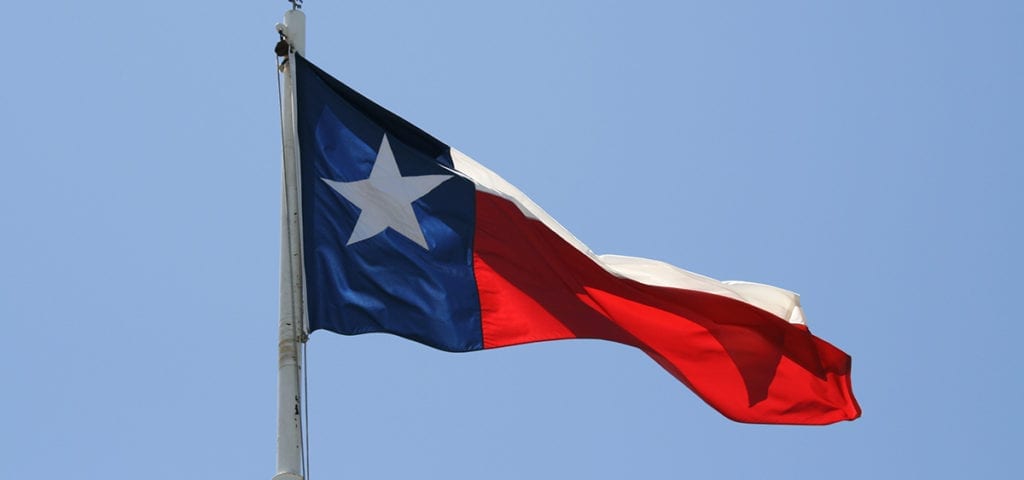Beginning today, industrial hemp is no longer a controlled substance in Texas, East Texas Matters reports, and Agricultural Commissioner Sid Miller expects “more hemp to be grown” than the state “could ever process.”
“We want the processing facilities to be right here in rural Texas and bring those jobs to rural Texas.” – Miller, to East Texas Matters
Miller also indicated that the new industry wouldn’t be heavily regulated in the state, saying regulators would enforce only the minimum standards set by the federal government.
“We won’t put any extra burden on the farmers or the processors, we don’t want any extra regulation, we’re not for that,” said Miller in the report.
Texas Farm Bureau spokesman Gene Hall lauded the law changes, calling hemp “a crop that makes sense” for the state due to its drought-resistant properties; although he indicated there would be a strong testing program due to hemp’s similarity to the illegal, high-THC, cannabis plant.
The legalization of hemp also means the legalization of hemp-derived CBD in the state, Miller said.
“Anything that can medically take away someone’s pain or relieve their tensions or whatever they’re taking it for, we should use it,” he said in the report.
However, Shannon Edmonds, staff attorney with the Texas District and County Attorneys Association, indicated the law changes don’t clear up the legality of hemp products in the state.
“It’s really not going to have any direct impact other than to confuse people even more,” Edmonds told NBCDFW.
Lisa L. Pittman, a cannabis law attorney, told NBCDFW that removing hemp from the state’s controlled substances list doesn’t actually make hemp legal and the legislature needs to take action to remove the criminal penalties.
Texas’ medical cannabis program permits only low-THC products, akin to hemp-derived CBD, with limits of just 0.5 percent THC – the federal Farm Bill defines hemp as containing 0.3 percent THC.
Get daily cannabis business news updates. Subscribe
End
